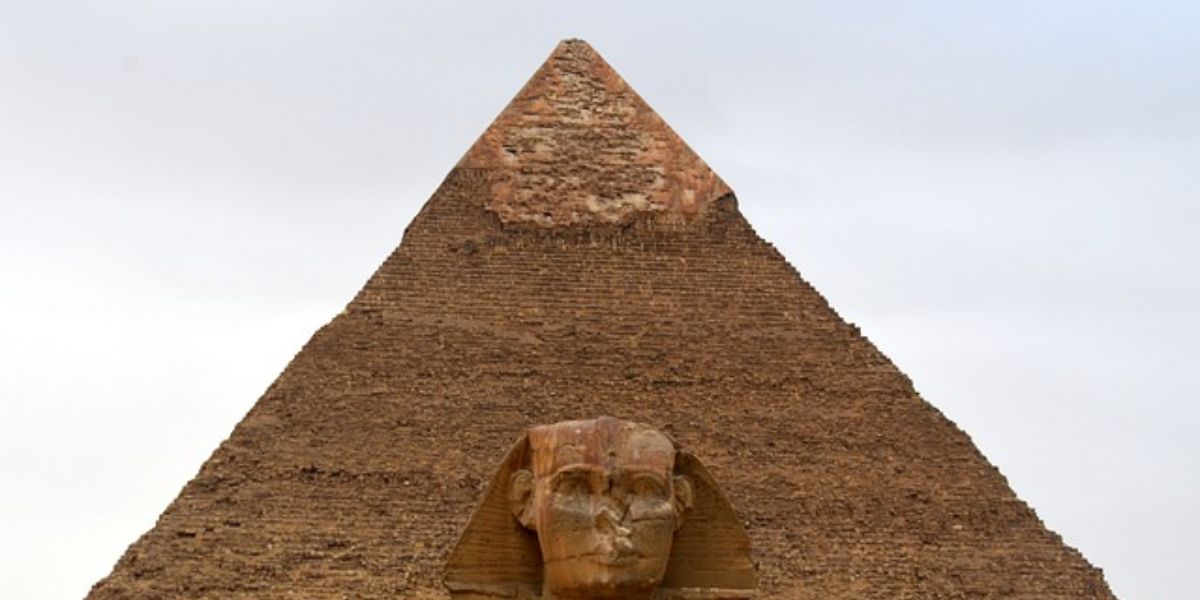Currently Egypt operates a simple 10% sales tax system. This tax is currently applied to only a relatively small range of products, and this means that the tax revenue for the government from this tax is uncertain, There is limited scope for recovery of tax on inputs by companies which are paying the tax on their purchases or expenses, by contrast to a value added tax (VAT) system which would enable the recovery of input tax at each stage. The operation of a simple sales tax can therefore lead to double taxation. It has been estimated by the International Monetary Fund that replacing the current Sales Tax system with a VAT regime involving a broad tax base and fully reclaimable input tax could add over 1% to the country’s GDP.
The leading global credit rating agencies have included the possibility of the introduction of VAT in Egypt in their latest upgrade of the country’s currency bonds (debt). The agencies consider that this type of reform to the country’s economic structure will put it on a strong footing for competition for the attention of global manufacturers looking to locate their regional workforces. One of Egypt’s key competitors, Turkey, already operates an 18% VAT rate regime and Egypt could become more competitive by introducing a similar indirect tax system.













